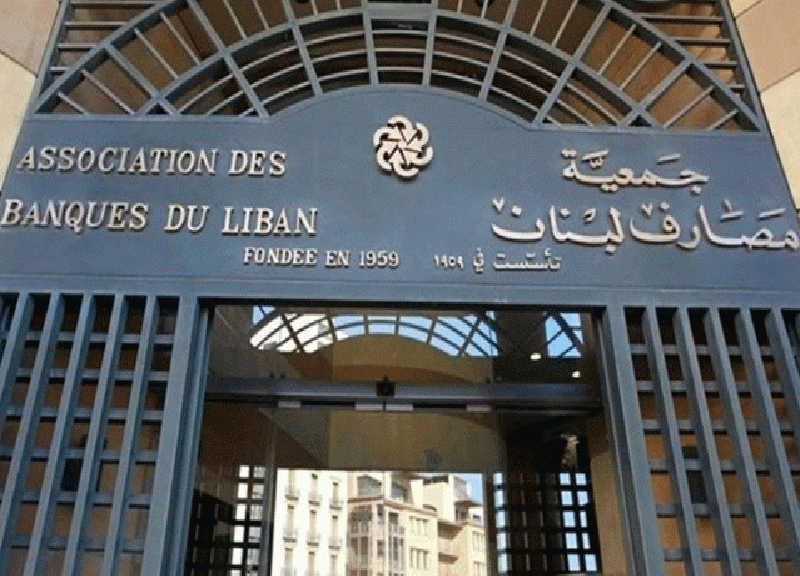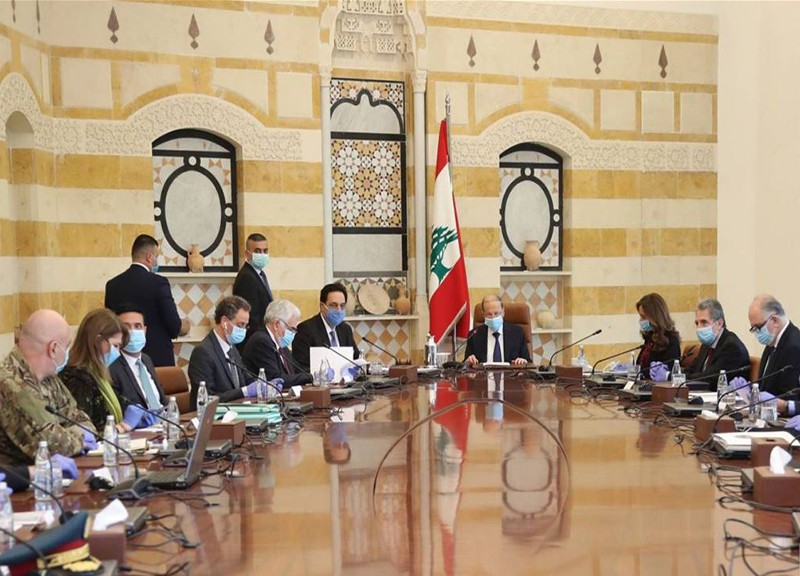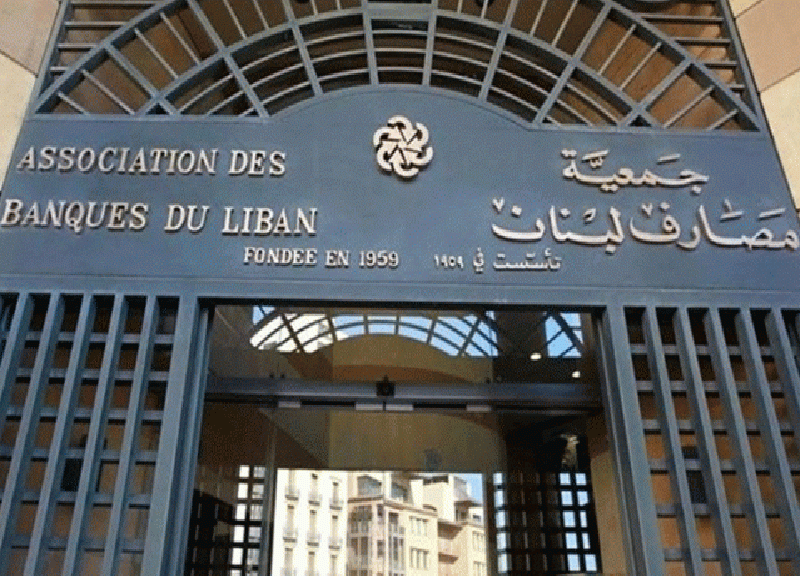
His Excellency Prime Minister Diab presented yesterday his long-awaited financial recovery plan (the ‘Plan’) for Lebanon.
ABL’s members have fiduciary duties to their nearly 3 million depositors. The ABL can therefore in no way endorse this unilateral plan which calls for the following comments:
- The ABL has been neither consulted nor associated with the Plan presented yesterday. However, it is a key part of any solution. An economy requires a strong banking sector able to fulfill its role, as a means of social inclusion and growth by providing credit to individuals and companies.
- As laid out in the Plan, the domestic restructuring will further destroy confidence in Lebanon both domestically and internationally. At the same time, essential building blocks for investor confidence such as an effective anti-corruption strategy are mentioned but not detailed - raising questions on timing of implementation. In fact, the Plan is likely to deter investment in the economy thereby hindering any recovery prospects;
- The plan is not funded: it assumes international financial support, in particular from IMF and/or CEDRE. To the best of our knowledge, official discussions with the Fund on this matter are about to start while CEDRE disbursements are subordinated to the implementation of reforms.
- Revenues and expenditure measures – essential for IMF support– remain vague and are not backed by a precise implementation calendar;
- Some of the Plan’s assumptions (including growth assumptions and fiscal consolidation) could be challenged given (i) the limited impact ascribed to the aggressive nature of the domestic debt restructuring outlined (ii) the yet unknown impact of the global crisis. An assessment of those impacts would lead to substantially different fiscal projections;
- The Plan does not address inflationary pressures and may indeed lead to hyperinflation;
- The Plan’s social inclusion component – essential given Lebanon’s fragile socio- economic situation – would benefit from further size and detail, in particular around the three following priorities: job retention, poverty alleviation and inequalities reduction;
- The presentation of the roots of the crisis is biased at the expense of the banks. While we understand the political reasons for such presentation, we need to set the record straight in that the banking sector provided money to the public sector which decided to allocate it with no input from the banks whatsoever. This presentation portrays a borrower accusing its lender of being responsible for its failure. Furthermore, having a punitive approach to the banking sector actually means a punitive approach to the depositors;
The current situation in Lebanon urgently calls for constructive dialogue, unity and solidarity:
- We will do our part to support the country throughout this difficult phase while complying with our fiduciary duties as we have done in the past;
- It is now urgent to take concrete actions and reach consensus amongst all stakeholders as every day that passes without reform worsens the situation;
- The ABL remains ready to engage with the government to come to a consensual solution for the benefit of all the Lebanese;
- Credible alternatives to this Plan exist: the ABL intends to present shortly to the government and to the people of Lebanon a plan capable of mitigating the recession and setting the stage for sustained growth.
Finally, the ABL believes that several steps contemplated in the plan infringe upon private property vested rights which is guaranteed by the constitution and which is one the key fundamentals of the Lebanese society. The ABL further believes that the attempt to hold Lebanese people retroactively accountable for actions which are not punishable under Lebanese laws is a breach of all applicable principles, and bring us closer to a lawless state. Therefore, we hope that the nation’s elected MPs reject the plan for its breach of the constitutional and legal principles over which the Lebanese state was founded.
Department of Communication
and Public Relations










